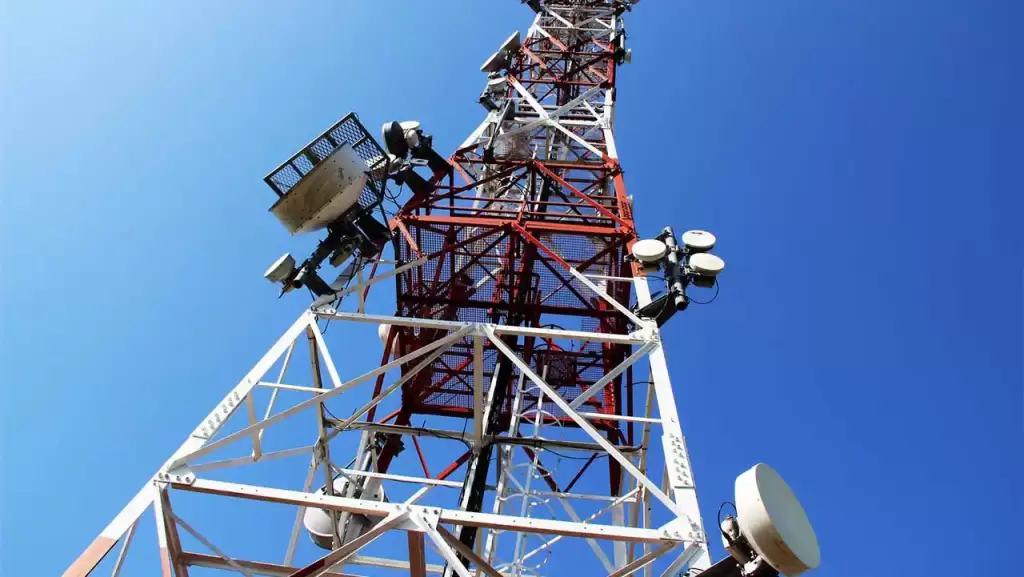Nigeria’s telecommunications industry is at risk of a significant shutdown as the Private Telecommunications and Communications Senior Staff Association (PTECSSAN) has initiated a nationwide strike. The strike is expected to disrupt telecommunication services across the country, posing a major threat to network reliability and customer service.
Union’s Demands and Reason for the Strike
Okonu Abdullahi, the Secretary-General of PTECSSAN, released a statement on Monday outlining the union’s grievances. According to Abdullahi, the union’s decision to strike comes after failed attempts to resolve critical issues affecting over 800 workers employed across Nigeria’s key telecom facilities. These workers are stationed at various network centers and critical telecommunications sites, including those managed by IHS Towers and Huawei.
The union’s demands center on four major issues:
- Reinstatement of dismissed workers who were allegedly unjustly terminated.
- Official recognition of the union, which has been a contentious issue, with many employers refusing to acknowledge PTECSSAN.
- Improved working conditions, with the union highlighting the “precarious” state of affairs faced by telecom workers, including low wages, long hours, and inadequate benefits.
- Remittance of membership dues, which is required for the smooth functioning of the union.
Abdullahi stated that these demands reflect the union’s efforts to protect the rights and welfare of telecom workers who have long been neglected by employers.
READ ALSO: NCC Clarifies: No Telecom Tariff Hikes, Focus on Transparency
Potential Impact on Telecommunications Services

The union has made it clear that the strike is designed to significantly impact the operations of telecom companies across Nigeria. Abdullahi emphasized that union members have been instructed to refrain from attending to any service outages or technical issues during the strike period. He highlighted that network outages occur regularly, and without the intervention of engineers, subscribers could face prolonged service interruptions.
“The implications of the strike will be massive because we have told all our members not to respond to any service outage from our employers. The fact remains that there are outages every day, and if our engineers do not respond, subscribers in those areas will be affected,” said Abdullahi.
This poses a serious threat to telecommunication services, which millions of Nigerians rely on for daily activities, including communication, business transactions, and access to vital information. If the strike is not resolved quickly, the consequences could be far-reaching, affecting not only businesses but also emergency services and essential infrastructure reliant on telecom networks.
Industry Response: ALTON’s Position
In response to the strike, Gbenga Adebayo, the Chairman of the Association of Licensed Telecom Operators of Nigeria (ALTON), distanced the telecom industry from the union, stating that the group is not recognized by ALTON or its members. Adebayo further clarified that major telecom operators in Nigeria, including Airtel, Globacom, 9Mobile, and MTN, are not part of this union.
“This group is not known to us in ALTON, and the companies mentioned are not members of ALTON,” Adebayo said.
While ALTON’s position seeks to downplay the union’s influence within the telecom sector, the strike is still expected to have a significant impact, particularly at the facilities of IHS Towers, Huawei, and other critical telecom sites where union members are employed.
Broader Implications for Nigeria’s Telecom Industry
The strike underscores the broader issue of labor relations in Nigeria’s growing telecommunications industry, which has long been hailed as one of the most vibrant and critical sectors in the country’s economy. The industry has experienced exponential growth over the past two decades, with millions of subscribers relying on telecom operators for their communication needs. However, the strike exposes deeper issues of worker dissatisfaction and a lack of adequate labor rights protections within the sector.
The union’s demand for official recognition and improved working conditions highlights the ongoing struggle between workers and employers in Nigeria’s telecom industry. As the sector continues to expand, labor disputes such as this one could become more frequent if worker concerns are not addressed.
Next Steps
The seven-day strike notice issued by the union signals the urgency of the situation. Without intervention, Nigeria could see widespread telecom outages, leading to major disruptions for subscribers and businesses alike. It remains to be seen whether the telecom companies and the union can reach a compromise before the strike causes lasting damage to the sector.
The Nigerian Communications Commission (NCC) and other regulatory bodies may also need to step in to mediate the situation and prevent further disruption. If the strike continues without resolution, it could spark a broader conversation about labor rights and corporate responsibility within Nigeria’s telecommunications industry.
Conclusion
The strike by PTECSSAN highlights a critical moment for Nigeria’s telecom industry, as the sector grapples with labor unrest that could lead to widespread service disruptions. With both sides holding firm on their demands, the outcome of this dispute could have significant implications for telecom operations and labor relations in one of Africa’s largest economies. The industry will be closely watching how the situation unfolds and whether a resolution can be reached in time to prevent a shutdown of Nigeria’s telecommunications services.



